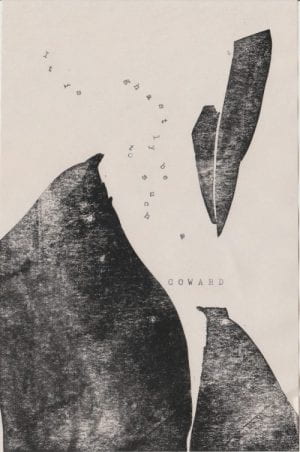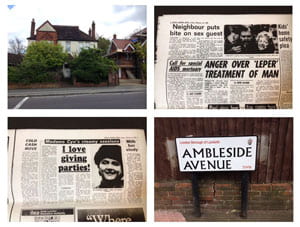 This practice-based research seeks to establish narrative illustration as a transferable social research tool through which to explore sociocultural narratives.
This practice-based research seeks to establish narrative illustration as a transferable social research tool through which to explore sociocultural narratives.
Here illustration practice is defined as a holistic process including a series of strategic research methods, creative outcomes and dissemination to various audiences. The research will define a discipline specific methodology situating the illustrator in the role of a subjective researcher, interpreter and raconteur.
Research interests lie in how storytelling is used to aid understanding of lived experiences – to enable us to ‘make sense’ and negotiate ourselves in relation to others and our surrounding as well as our positioning within wider social contexts.
Rather than the grand historical narrative it has always been the anecdotal or ‘vernacular’ history that has compelled; the informal story that belies the experience of the everyday.
The intention is to explore how and why specific knowledge is preserved, what is deemed to be worthy of documentation and how this information is then archived and utilised. Common themes include extraordinary lived experiences, particularly female narratives, within seemingly mundane or familiar locations, usually urban or residential areas.
Archival research features prominently within this study. The specificity of the specialist or local heritage centre is also pertinent as this research is site specific exploring how lived experiences are understood and recorded within that locality. This research project also explores how illustration, through participatory workshops can facilitate engagement and contribute to the developments of archival collections.
Having been applied to a series of case studies the research will from now on be focused around one archival collection; the papers of Suffragette Katie Gliddon held by The Women’s Collection at the L.S.E, specifically the Prison Diary describing a period of detainment in Holloway prison where she was imprisoned due to her involvement in the mass window smashing demonstration of 1912.

